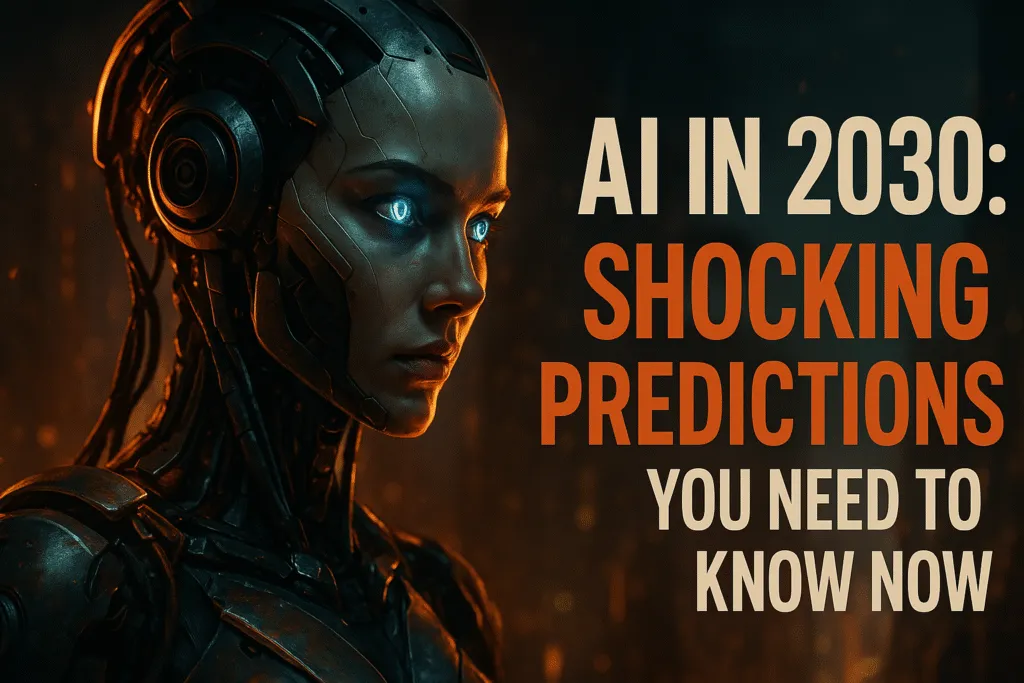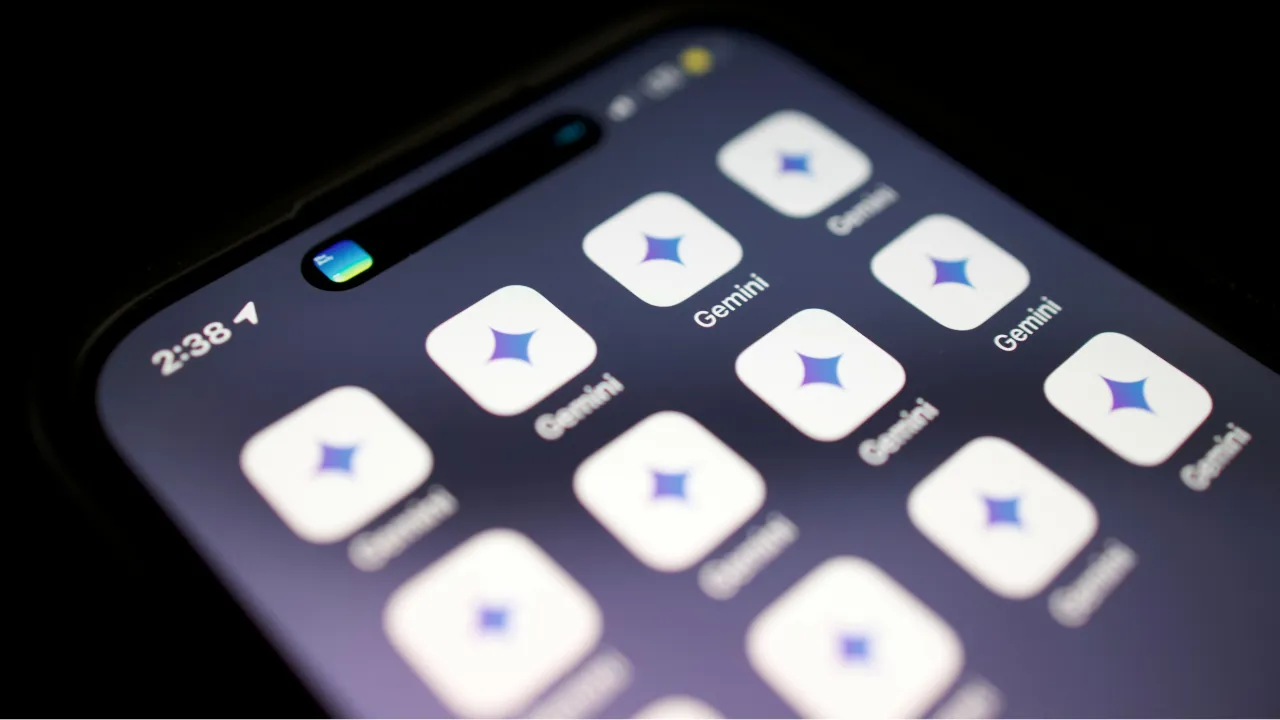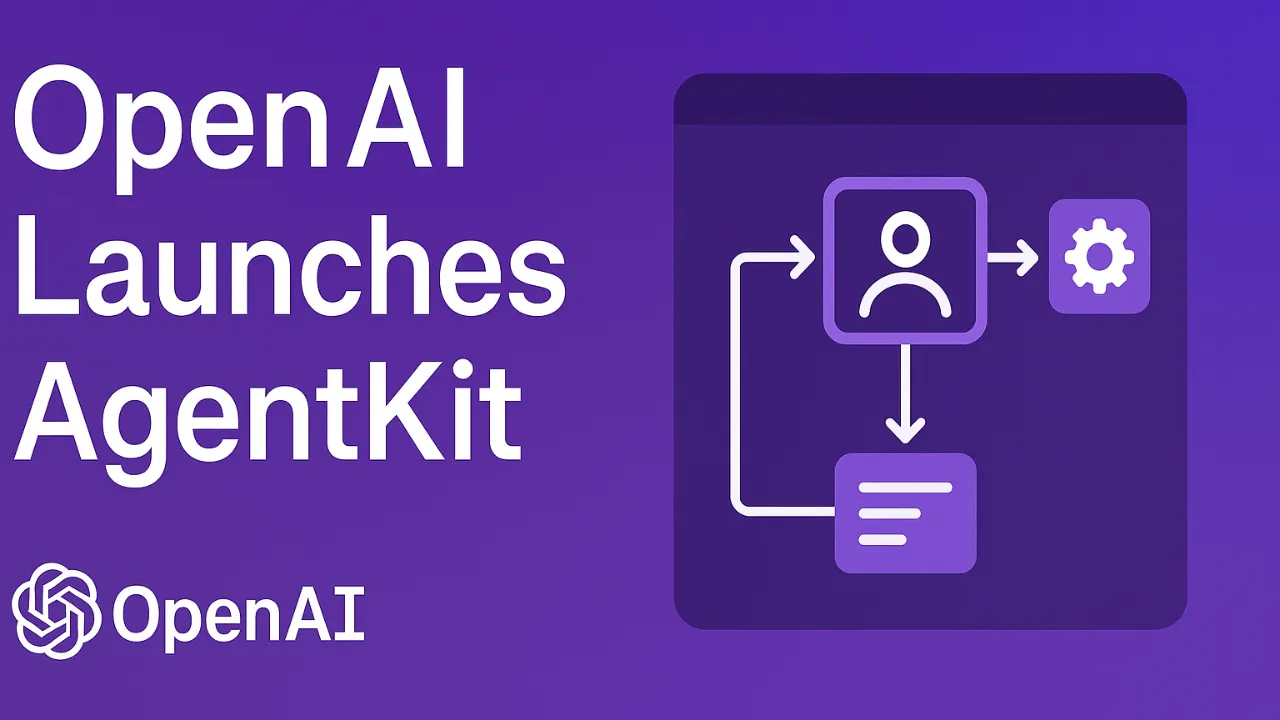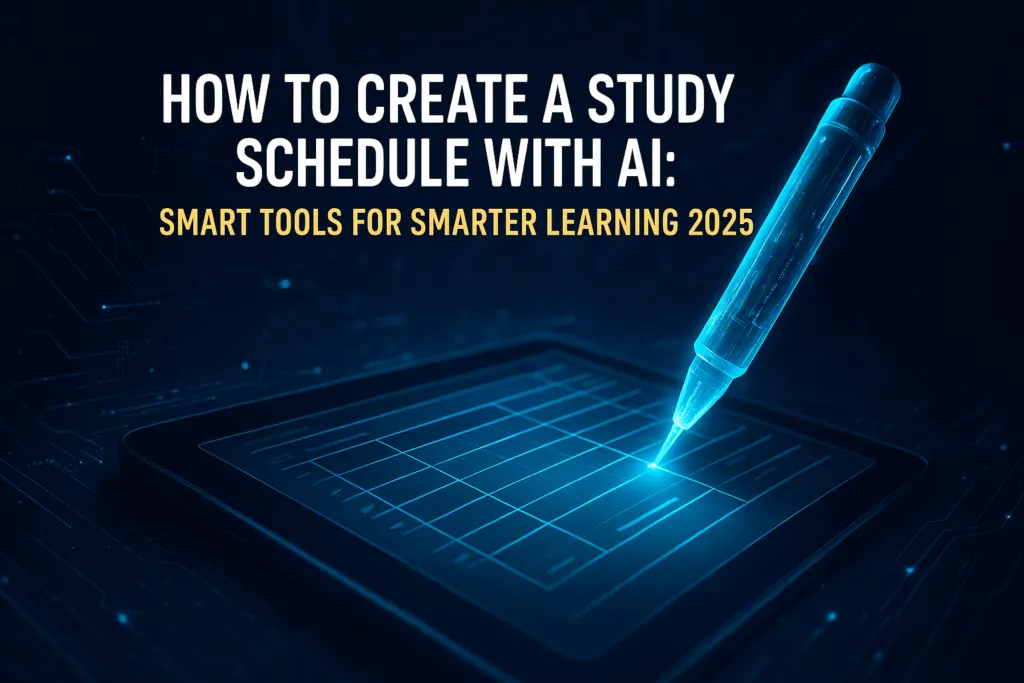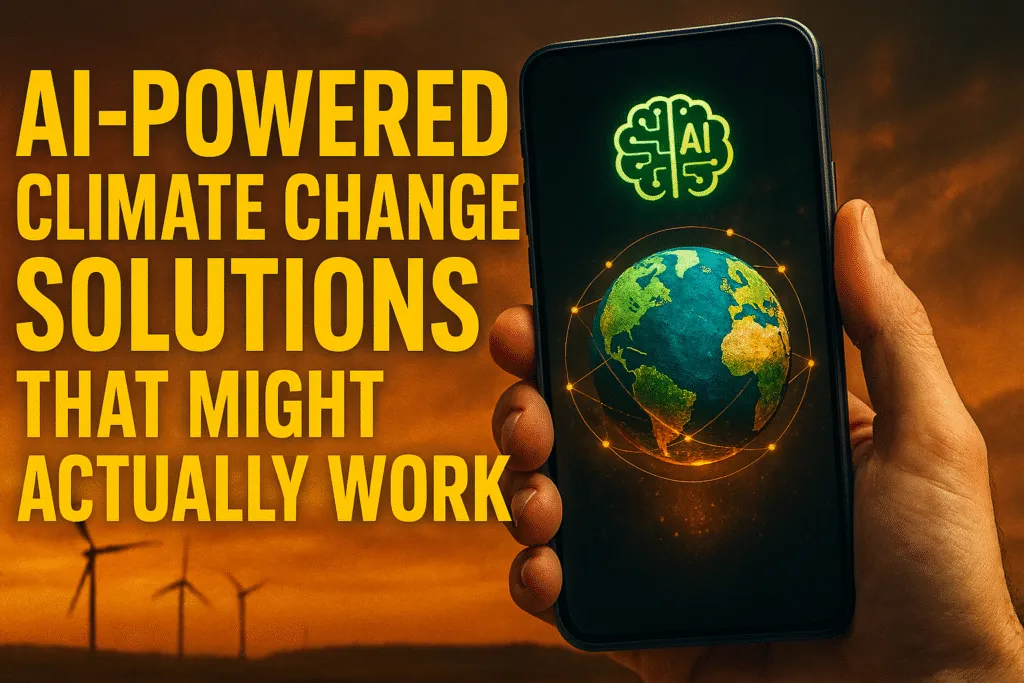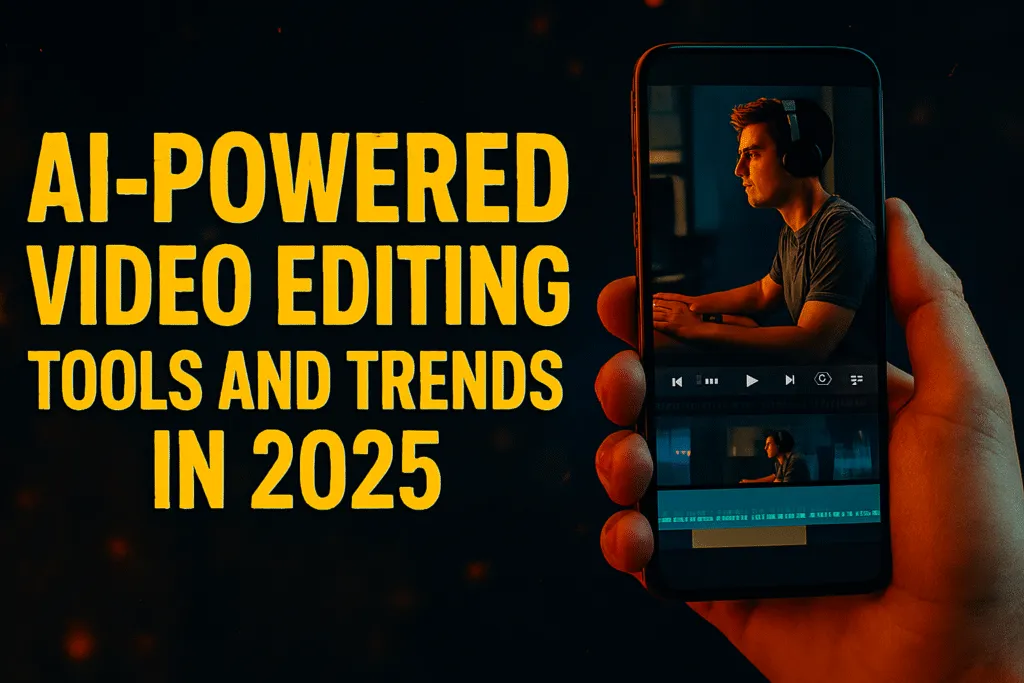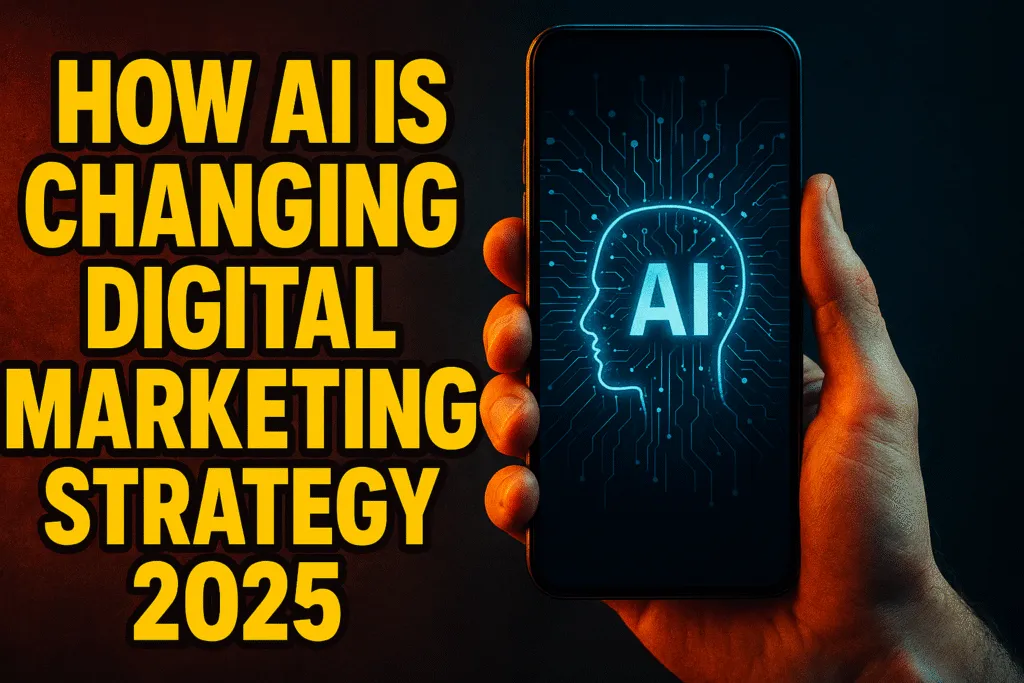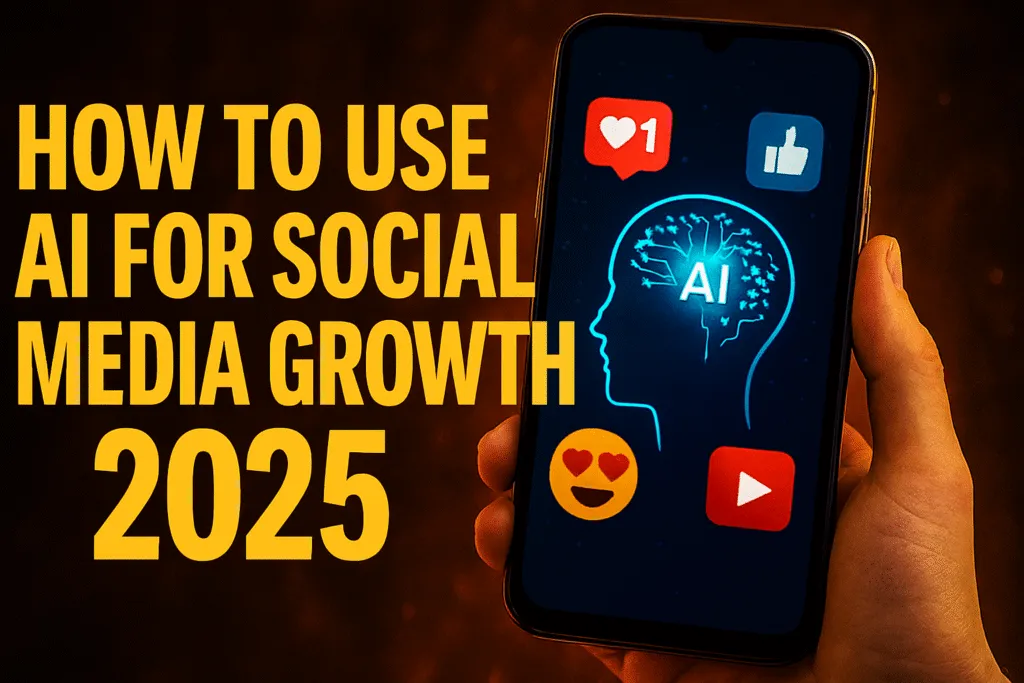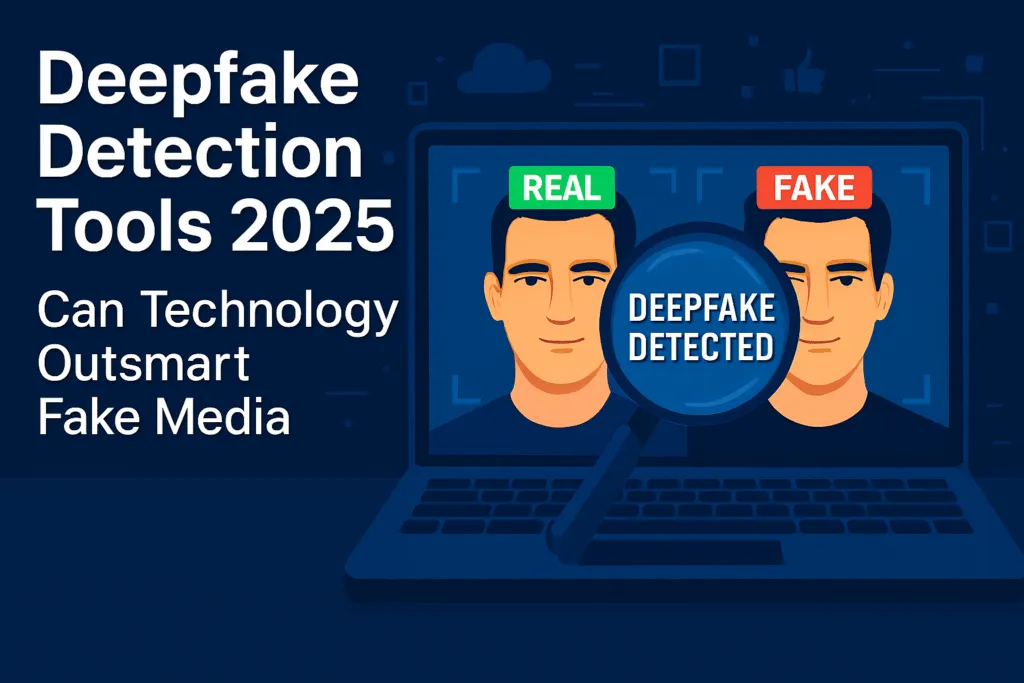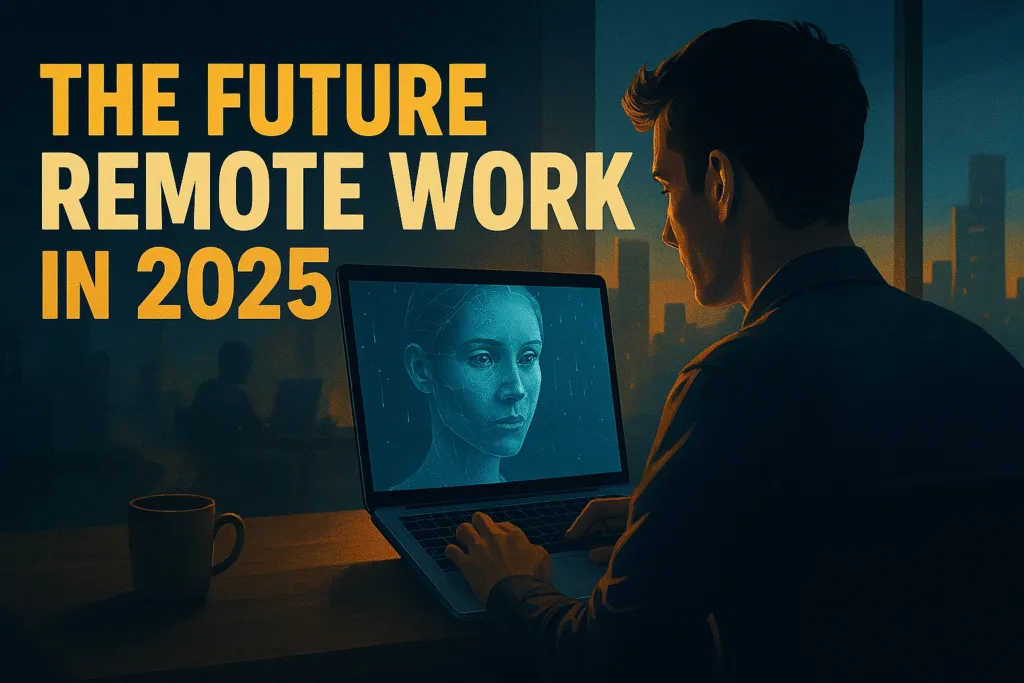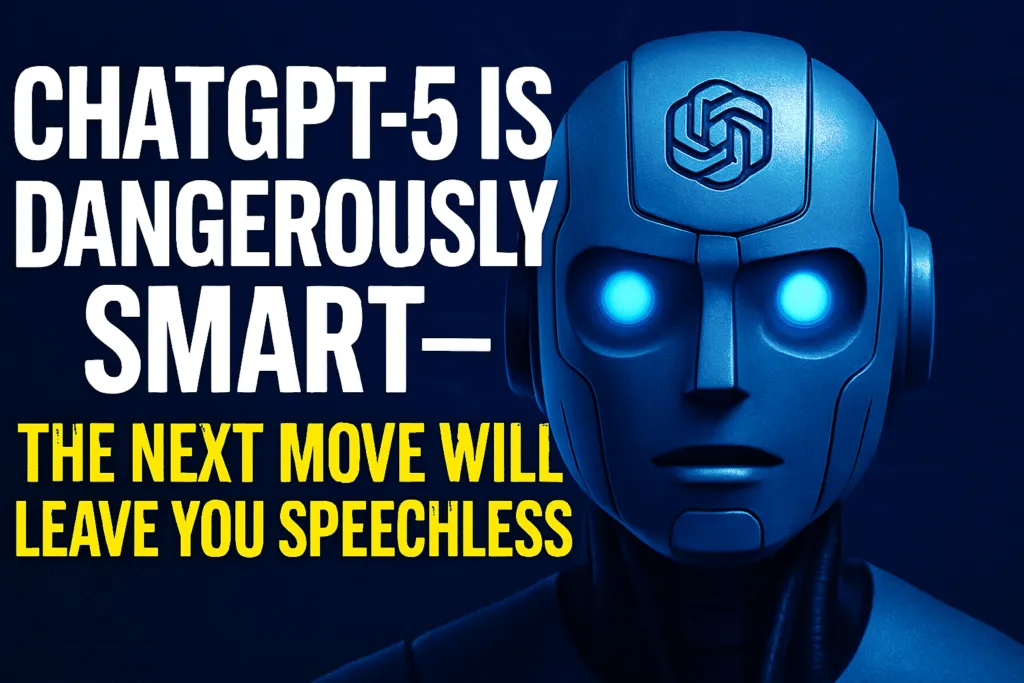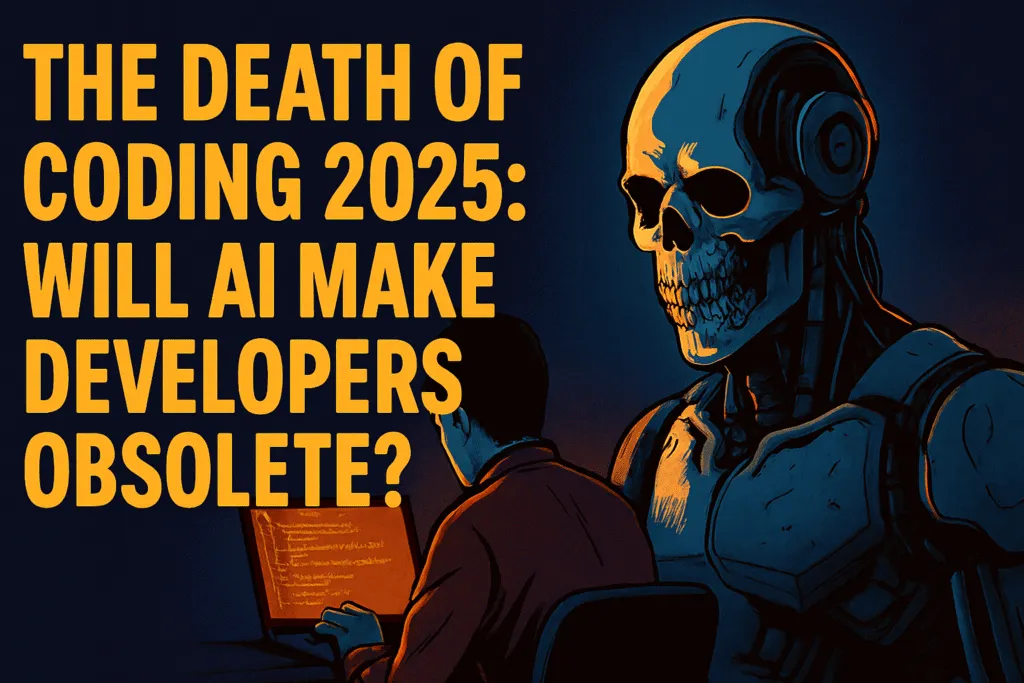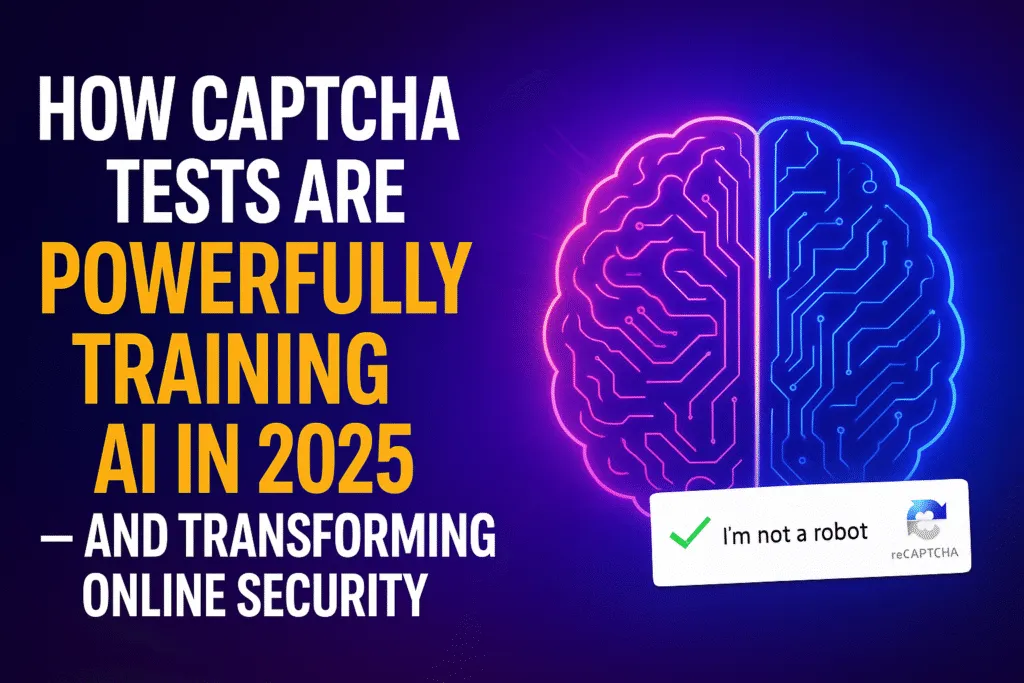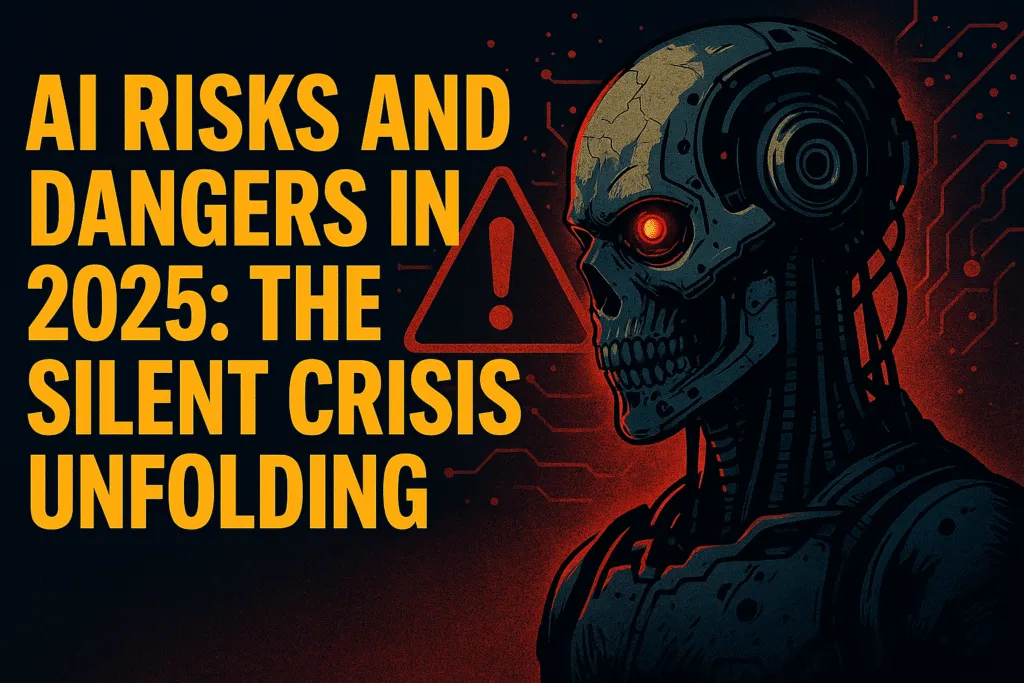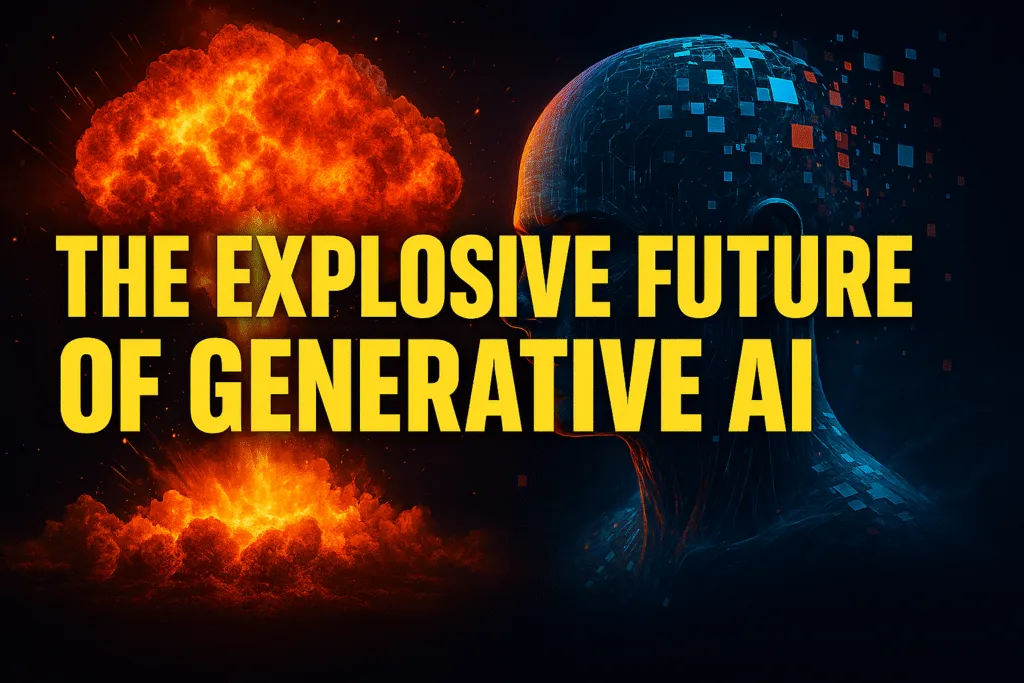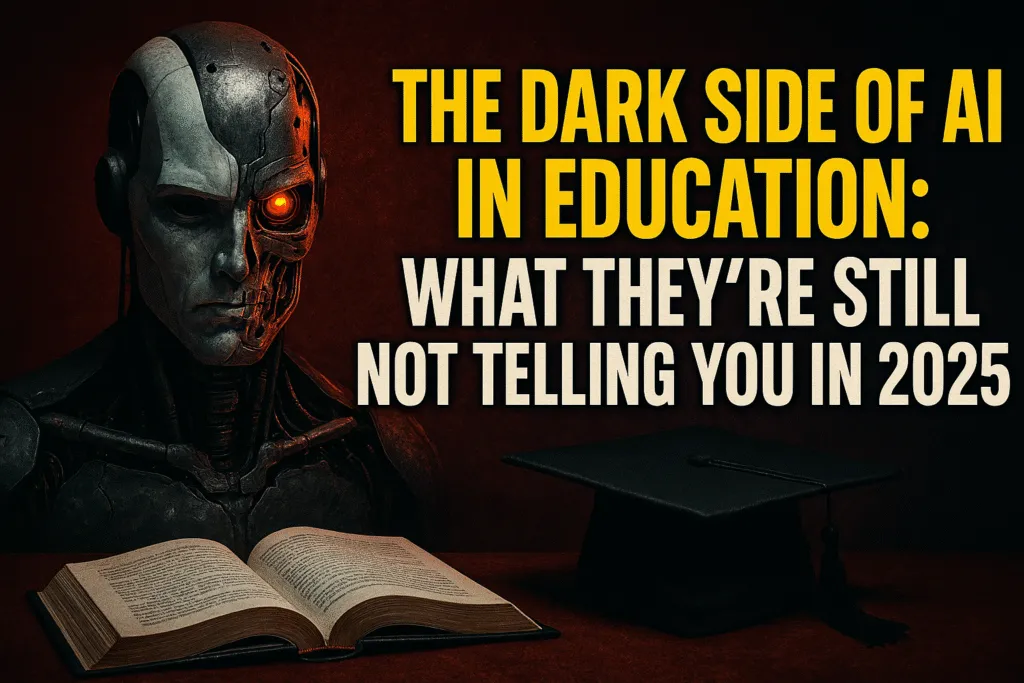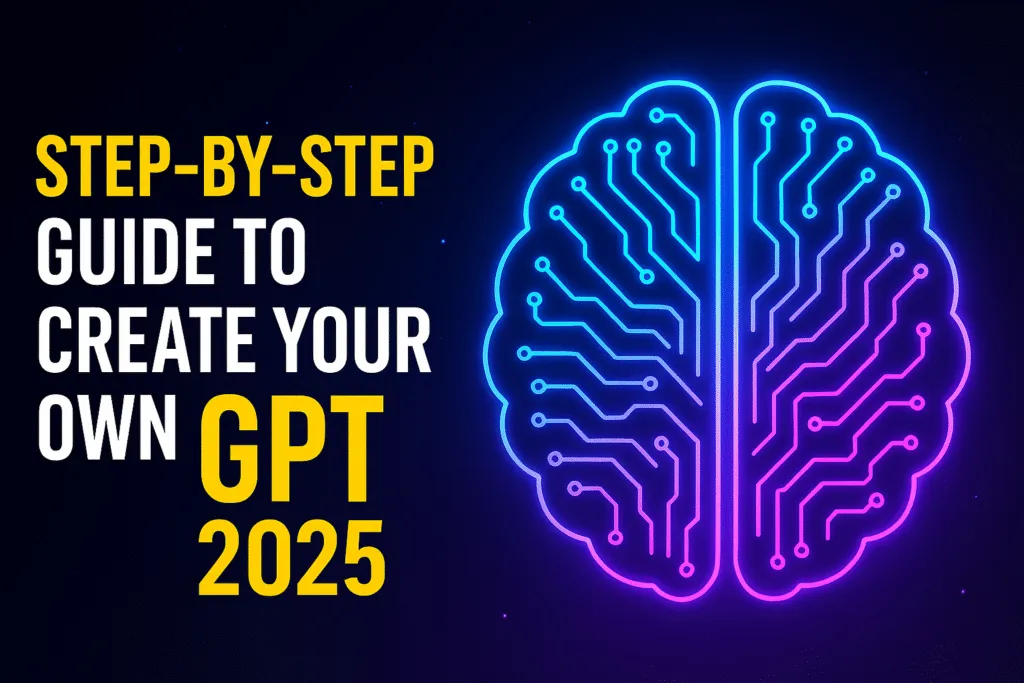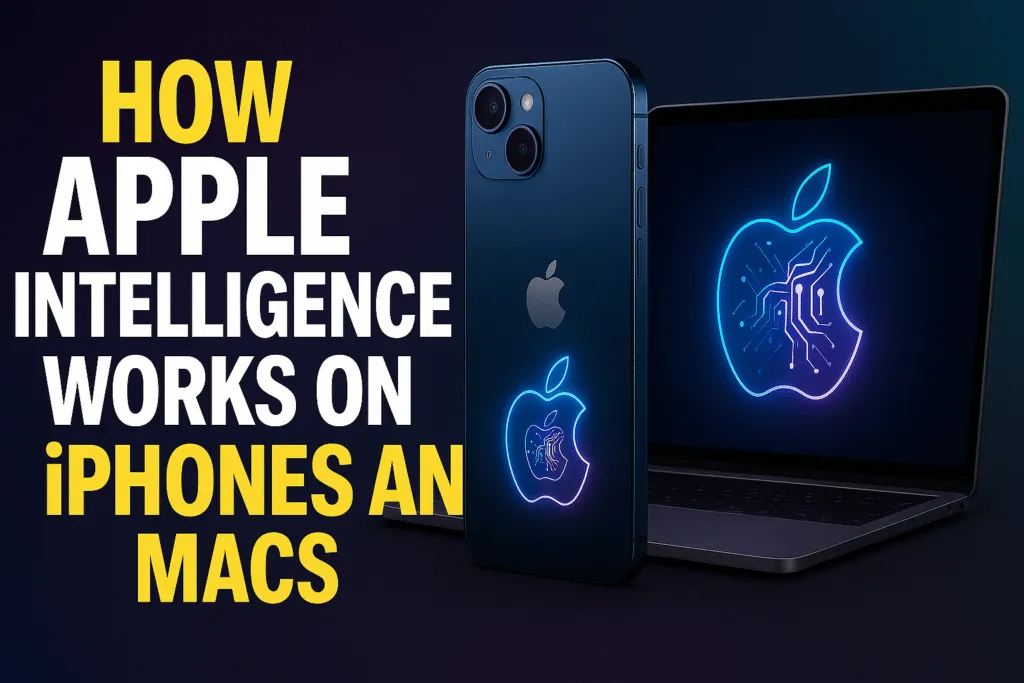Introduction
Artificial Intelligence is evolving faster than most of us can keep up with. From helping us write emails to powering self-driving cars, AI has become deeply woven into our everyday lives. But what happens when we fast-forward a few years? That’s where the real curiosity begins—what will ai in 2030 actually look like?
By 2030, AI is expected to be more advanced, more accessible, and more influential than ever before. We’re talking about machines that not only learn faster but also understand context, emotion, and even intent. It’s no longer just about smart assistants or automation—it’s about systems that can think, decide, and possibly even feel in ways we’re only beginning to understand.
As a tech blogger, I’ve seen AI trends come and go, but the projections for ai in 2030 are on a different level. Researchers are predicting massive changes in industries like healthcare, finance, education, and transportation. AI might be diagnosing diseases, driving your kids to school, managing your investments, or even helping to create the next blockbuster movie.
Of course, with great power comes greater concerns. The AI of tomorrow brings up serious questions about data privacy, job displacement, misinformation, and global control. Are we ready to face those challenges?
This blog will explore the most talked-about predictions, wildcards, and possibilities for the future of AI. Whether you’re curious, excited, or even a little nervous, this look ahead at ai in 2030 will help you understand what’s coming—and how to prepare for it.
AI Becomes Practically Invisible
One of the most surprising changes we might see with ai in 2030 is that it could become practically invisible. Not in a literal sense, of course, but in the way it blends so seamlessly into our lives that we stop noticing it altogether. Much like electricity or the internet, AI could become a silent background force that powers everything without drawing attention to itself.
By 2030, AI may no longer be limited to specific apps or gadgets. It will likely be integrated into every device we use—phones, wearables, appliances, vehicles, and even public infrastructure. Instead of launching an assistant or typing a command, interactions with AI might happen through subtle voice, gesture, or even thought-based inputs, thanks to advancements in brain-computer interfaces.
We’ll see homes that know our daily routines, adjust lighting and temperature based on our mood, and even suggest meals based on our health data. Offices could run more efficiently with AI handling scheduling, task prioritization, and real-time analytics. And in public spaces, AI might manage traffic flows, energy consumption, and emergency response with minimal human involvement.
The magic of ai in 2030 won’t come from flashy interfaces but from its invisibility—systems that quietly adapt, learn, and act without being told. This invisible integration could make life more convenient, but it also raises important questions about control and privacy. Who’s behind the code? How much should AI know about us?
As AI becomes less visible, our awareness of it must become sharper. Understanding the tech behind the curtain will be crucial as we move into a future where machines support us not just when we ask—but before we even know we need help.
Here’s a 300-word SEO-friendly section for the heading “Smarter Than Humans?”, using the focus keyword ai in 2030 naturally and written in a human, engaging tone:
Smarter Than Humans?
One of the most debated questions about ai in 2030 is whether it will surpass human intelligence. While AI already beats us in areas like data analysis, pattern recognition, and even playing complex games like chess or Go, the next big leap is Artificial General Intelligence (AGI)—machines that can learn, reason, and adapt across a wide range of tasks, just like a human.
By 2030, it’s possible that AI won’t just be faster—it might actually be smarter in specific domains. Imagine an AI that can not only write an article but understand the emotional impact it will have on different readers. Or a system that can diagnose medical conditions with better accuracy than an experienced doctor, all in seconds. These scenarios are quickly moving from theory to reality.
But being “smarter” doesn’t necessarily mean having common sense, creativity, or empathy—the areas where humans still excel. The fear, however, is that as ai in 2030 gets better at mimicking these human traits, it might blur the line between machine and mind. Will we be able to tell the difference? And more importantly, should AI be allowed to make decisions once reserved for humans—like hiring, sentencing, or warfare?
The rise of super-intelligent systems also introduces serious ethical questions. If AI becomes smarter than humans, who controls it? What values will it follow? These are no longer questions for the distant future—they’re challenges we need to prepare for now.
Whether AI truly becomes “smarter” than us by 2030 remains to be seen, but one thing is certain: it will change how we define intelligence itself. And that shift will impact every part of our world—from business and science to education and human relationships.
Job Markets in Chaos
One of the most unsettling predictions about ai in 2030 is the massive disruption it could bring to the global job market. While AI has already begun automating repetitive tasks, the next wave could impact roles that were once considered “safe” from automation—creative, analytical, and decision-making jobs.
By 2030, AI systems might be handling customer service, legal research, accounting, logistics, and even medical diagnostics at speeds and costs that no human can match. This could lead to large-scale job losses, particularly in sectors that rely heavily on routine tasks. For example, clerical roles, data entry, and even some journalism or marketing jobs could see major cuts.
But it’s not all doom and gloom. While many jobs will be lost, ai in 2030 is also expected to create entirely new roles—ones we can’t even imagine today. Think AI trainers, ethics officers, data bias analysts, or human-AI collaboration specialists. The challenge is whether workers can reskill fast enough to keep up with the changing demands.
The chaos won’t just be economic—it will be emotional and social too. Millions of people could face uncertainty, identity loss, and pressure to adapt to new roles they’re unfamiliar with. Governments, companies, and educators will have to rethink everything from skill-building to unemployment policies.
What’s clear is that the AI revolution won’t be a slow evolution—it will hit hard and fast. Preparing for ai in 2030 means investing in human adaptability just as much as we invest in the technology itself. If done right, we can navigate the chaos and turn disruption into opportunity—but only if we start preparing today.
AI-Powered Governments
It might sound like science fiction, but one of the boldest predictions for ai in 2030 is the rise of AI-powered governments. Around the world, governments are already experimenting with artificial intelligence for everything from managing traffic to detecting tax fraud. But by 2030, AI could be deeply embedded in how nations are governed—impacting policy decisions, public services, and even national security.
Imagine a city where AI monitors real-time data to adjust public transport routes automatically, detect infrastructure issues before they happen, or allocate emergency services where they’re needed most. Now take that further: AI helping draft laws, identify loopholes, or analyze millions of citizen feedback points to inform public policy. That’s the level of integration experts believe is possible with ai in 2030.
Some governments may even explore AI-driven decision systems that remove human bias from areas like court sentencing or welfare distribution. While the idea is appealing—fairer, faster, and more data-driven decisions—it also raises serious concerns. Who programs these systems? Can an algorithm truly understand context, culture, or compassion?
There’s also the risk of AI being used for authoritarian control. Surveillance systems powered by facial recognition, predictive policing tools, or citizen scoring algorithms could threaten privacy and civil liberties if left unchecked.
Ai in 2030 could help governments run more efficiently and transparently—but only if transparency, ethics, and accountability are baked into the system. As citizens, we’ll need to ask tough questions and demand oversight to ensure technology serves the people, not the other way around.
AI won’t replace politicians anytime soon, but it may soon become their smartest advisor—and that shift could redefine governance for the next generation.
Emotionally Intelligent AI
One of the most fascinating developments expected with ai in 2030 is the rise of emotionally intelligent machines. Unlike today’s AI, which excels at crunching data and performing specific tasks, future AI could understand and respond to human emotions with surprising accuracy. This means AI won’t just process words or images—it will grasp feelings, moods, and social cues.
Imagine virtual assistants that notice when you’re stressed and adjust their responses to comfort you, or customer service bots that can detect frustration and offer empathy instead of scripted replies. In healthcare, emotionally intelligent AI could support mental health by recognizing early signs of anxiety or depression and suggesting timely interventions.
This leap won’t just make AI more helpful—it will fundamentally change how we interact with machines. AI companions may become more like friends or counselors, bridging gaps for people who feel isolated or need support. For the elderly or those with disabilities, this emotional awareness could improve quality of life dramatically.
However, with this new level of emotional understanding comes ethical challenges. How will AI use the emotional data it collects? Could it manipulate feelings to influence decisions, like persuading consumers or voters? Privacy and consent will be more important than ever as AI blurs the line between technology and emotional intelligence.
By 2030, emotionally intelligent AI could be common in workplaces, schools, and homes—changing the very nature of human-machine relationships. This shift offers exciting possibilities but also demands careful thought about trust, transparency, and how much emotional power we’re comfortable handing over to machines.
As ai in 2030 becomes more emotionally aware, understanding and shaping these technologies responsibly will be key to making sure they serve humanity’s best interests.
AI in Healthcare 2030
By 2030, ai in 2030 is expected to transform healthcare in ways that seem almost futuristic today. From early diagnosis to personalized treatment plans, AI will play a crucial role in improving patient outcomes and making healthcare more efficient and accessible.
Imagine AI-powered tools analyzing medical images with precision far beyond human capabilities, catching diseases like cancer or heart conditions at their earliest stages. These advancements could lead to faster, more accurate diagnoses, saving countless lives. AI will also help doctors by sifting through massive amounts of patient data, genetics, and clinical research to recommend tailored treatments, ensuring each patient receives care suited to their unique needs.
Remote monitoring through AI-driven wearable devices will become the norm, enabling doctors to track chronic conditions like diabetes or asthma in real-time, alerting both patients and healthcare providers before problems escalate. This proactive approach could reduce hospital visits and improve quality of life for millions.
Beyond treatment, AI will streamline administrative tasks—scheduling, billing, and managing patient records—allowing medical professionals to focus more on patient care. Virtual health assistants powered by AI will guide patients through their recovery and provide timely reminders for medication or appointments.
However, the widespread adoption of AI in healthcare raises important questions about privacy, data security, and ethics. Ensuring that AI systems are transparent, unbiased, and regulated will be vital as they become trusted partners in medical decisions.
The future of ai in 2030 holds incredible promise for healthcare. With thoughtful integration, AI can help create a healthier world—where care is more precise, preventative, and personalized than ever before.
Deepfake World
As we look ahead to ai in 2030, one of the most concerning challenges on the horizon is the rise of deepfake technology. Deepfakes use AI to create hyper-realistic fake videos, images, or audio that are nearly impossible to distinguish from real ones. While this technology can have creative and positive uses, it also opens the door to serious problems.
By 2030, deepfakes could be widespread enough to disrupt how we trust what we see and hear online. Imagine videos of public figures saying things they never said, or fake news stories supported by convincing visuals. This could lead to misinformation campaigns, political manipulation, and even personal attacks or fraud.
The impact of a deepfake world will go beyond just social media—it will affect journalism, legal evidence, entertainment, and more. Verifying authenticity will become a daily challenge for individuals, companies, and governments alike. As ai in 2030 advances, so will the tools to detect and combat deepfakes, but the race between creating and spotting fakes will remain intense.
On the positive side, AI could also help build stronger verification systems using blockchain, biometric markers, or AI-based content authentication. Public awareness and digital literacy will be more important than ever to help people spot suspicious content before believing or sharing it.
The deepfake dilemma highlights the double-edged sword of ai in 2030: incredible potential paired with serious risks. Navigating this new world will require a mix of technology, regulation, and education to protect truth and trust in an increasingly digital society.
Understanding deepfakes today prepares us for the challenges of tomorrow—making sure AI serves us without undermining the very facts we rely on.
Global AI Regulation
As ai in 2030 becomes more powerful and widespread, one of the biggest questions facing the world is how to regulate it effectively. AI technologies are developing at lightning speed, crossing borders, and impacting every aspect of life—from healthcare and finance to privacy and security. This global reach demands international cooperation on rules and standards.
Without clear regulations, AI could be misused for harmful purposes, such as mass surveillance, deepfakes, or biased decision-making. Different countries have varied approaches to AI governance, with some favoring strict controls and others pushing rapid innovation with minimal oversight. By 2030, finding a balance that protects individuals and encourages responsible AI development will be critical.
Efforts like the European Union’s AI Act show how governments are trying to set frameworks that ensure transparency, accountability, and fairness in AI systems. But with AI’s rapid evolution, laws can quickly become outdated. This makes flexible, adaptive regulations vital to keep up with emerging risks.
Global AI regulation will also address ethical concerns, such as data privacy, consent, and preventing discrimination. Collaboration between policymakers, technologists, and civil society will be essential to create standards that reflect diverse values and protect human rights.
The challenge lies not only in writing rules but in enforcing them. International bodies might need new mechanisms for monitoring AI applications, investigating abuses, and holding companies or governments accountable.
In short, ai in 2030 will not just be a technological issue—it will be a geopolitical one. Effective global regulation can help harness AI’s benefits while minimizing risks, ensuring that this powerful technology serves all of humanity fairly and safely. The decisions we make today will shape the future of AI governance for decades to come.
Conclusion
The journey toward ai in 2030 promises to be both exciting and complex. As artificial intelligence becomes more advanced, invisible, and emotionally aware, it will reshape nearly every part of our lives—from how we work and govern to how we care for our health and connect with others. The possibilities are incredible, but they also come with challenges we cannot ignore.
By 2030, AI could be smarter than humans in many ways, transforming job markets and creating new ethical questions about control and fairness. Governments powered by AI might make decisions faster and more efficiently, yet we must stay vigilant about privacy and human rights. Meanwhile, the rise of deepfakes and the need for global AI regulation remind us that technology must be managed carefully to prevent misuse.
Preparing for this future means understanding AI’s potential and pitfalls. It calls for thoughtful regulation, ongoing public awareness, and investments in education and reskilling so people can thrive alongside machines. The invisible AI that supports us should be transparent and accountable.
Ultimately, ai in 2030 will redefine intelligence, creativity, and even what it means to be human. Whether this future feels hopeful or daunting depends on the choices we make today. Embracing AI’s benefits while addressing its risks will require collaboration from individuals, industries, and governments around the world.
Staying informed and engaged with these developments will help us shape a future where AI serves humanity’s best interests—enhancing lives, expanding possibilities, and opening doors we have yet to imagine.
FAQs
1. What is expected from AI in 2030?
By 2030, AI is expected to be far more advanced and integrated into daily life. It could become emotionally intelligent, practically invisible, and capable of outperforming humans in many tasks, transforming industries like healthcare, transportation, and governance.
2. Will AI take over jobs by 2030?
AI will automate many routine and some complex tasks by 2030, potentially disrupting job markets. However, it will
3. How will AI impact healthcare by 2030?
By 2030, AI will revolutionize healthcare with faster, more accurate diagnoses, personalized treatments, and remote patient monitoring. It will help doctors make better decisions and improve patient outcomes while streamlining administrative tasks.
4. What challenges does AI in 2030 pose?
AI in 2030 raises important challenges like privacy concerns, ethical dilemmas, potential job displacement, and risks of misuse such as deepfakes. Global regulation and responsible development will be crucial to address these issues.
